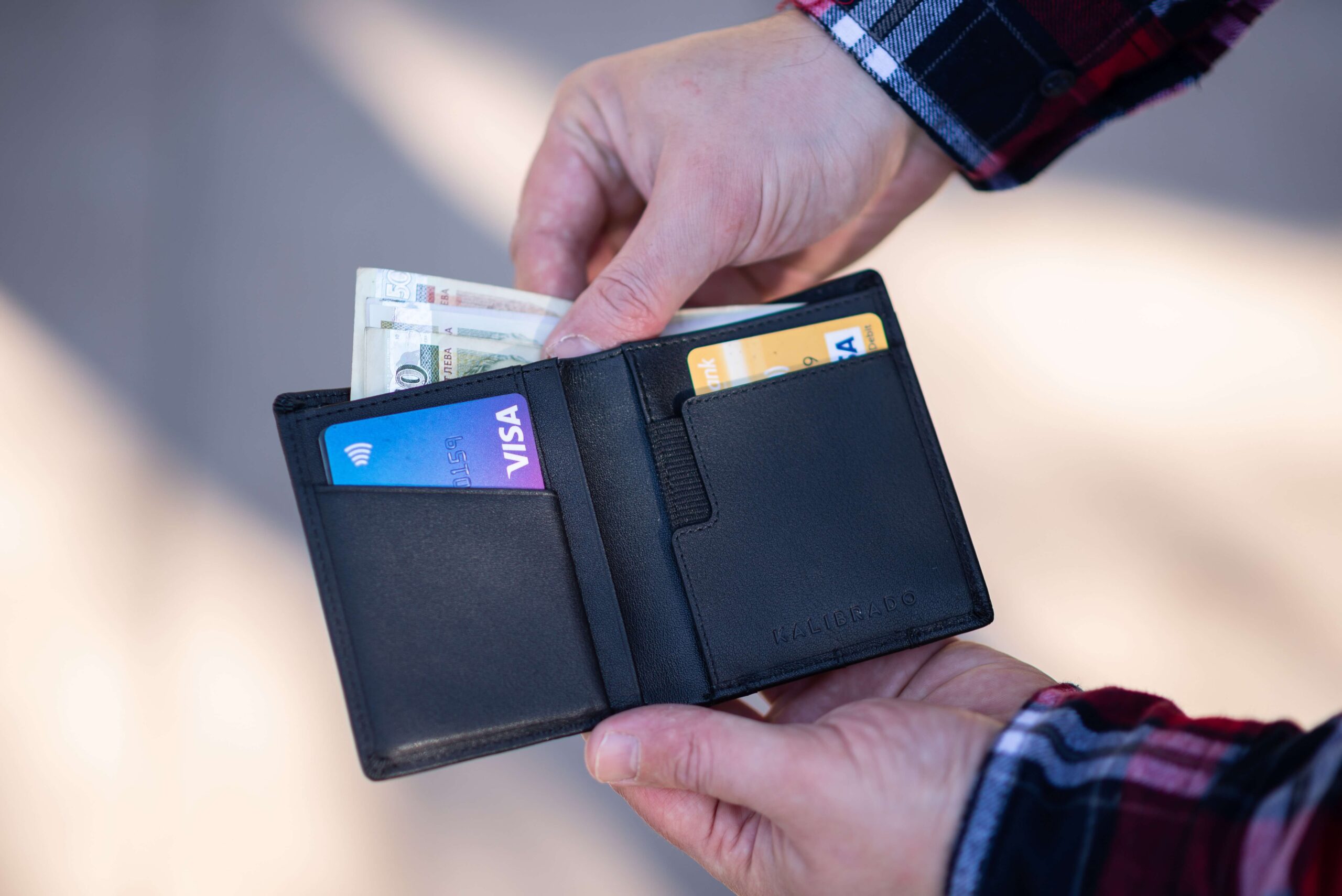Farmers of all levels of experience have a need for capital, and many times that means they will need to borrow money. Whether expanding the farm with a purchase of some additional acreage to your third generation family operation or buying your very first tractor, one of the most important factors for getting the purchase made is a farmer’s personal credit score.
Get Your Credit Report and Score
First things first, it’s very important to know where you currently stand on your credit score. There are tons of free resources online to get a credit report and your score, such as at Experian. Many times your credit card issuer will also provide you with your credit score. It’s also very responsible to check your credit report to see if you have any errors, new or old, on your credit history. This could be self-inflicted, an error with a creditor, or possibly fraudulent activity.
Credit scores range from 300 up to 850. Below is a description of each range of credit scores: Poor, Fair, Good, Very Good, and Excellent.
Credit Cards
After you know your current credit score, you can now understand your baseline and where you need to improve. If you don’t already, getting a credit card is an easy way to start your credit building journey. The most crucial part of credit card ownership is responsibility. To increase your credit score with your credit card, you need to pay it off every month. If you carry a balance month over month, you will be subject to extremely high interest payments, as well as the potential for lowering your credit score. This is a lose-lose situation. To be in a win-win situation with credit cards, only spend on the card what you can comfortably afford each month (use it for expenses you would have paid cash for anyway) and pay it off every single month. This will help you live within your means, build credit, and maybe earn some credit card rewards to treat yourself with for being a good steward of your money.
When getting a credit card to build credit, you can shop exclusively for credit-building cards or products with a credit card company or bank, so be sure to let the vendor you are inquiring with what your goals are for credit building.
Get a Co-signer
If your credit score and history are less than optimal, you might need to start small and make sure you have a quality co-signer to sign on a loan with you to help you get approved. You and your co-signer also have to understand that if you cannot pay your loan, the co-signer is responsible for the loan repayment.
Building Good Credit with Good Practices
For those that have and use credit cards, be sure to keep the utilization (how much of the credit limit you spend on the card each month) under 30% on all of your credit cards. Creditors want you to use your cards, but not too much. This shows responsible usage and spending habits.
Another way to help your credit score is to minimize applying for multiple credit cards at one time. If you plan to add another credit card to your total accounts, be sure to space out applications at least 6 months apart.
This leads into our next tip: total credit accounts. Closing credit accounts and credit cards can actually hurt your credit score. So if you pay off a credit card and don’t want to use it anymore, it’s a good idea to use it every few months to keep the card active. Credit scores are built by your average age of credit (how long all of your credit accounts have been open) as well as the total number of credit accounts. Credit bureaus like to see your average age of credit no lower than 6 years, but 9 years or more is what leads to Excellent ratings.
It might seem crazy, but creditors also see creditworthy applicants with 12 or more credit accounts. Now don’t go off the deep end and start getting a ton of accounts open all at once. Total accounts have a low impact on overall credit scores and credit building. As we discussed above, opening a bunch of accounts in short succession is very bad for your credit.
Lastly and most importantly, make your payments on time. And pay off your credit cards in full each month. Carrying a balance is bad for your credit and it costs you so much more in interest (credit card interest is usually 24% or more, and interest is charged on your balance, and any interest you carry, so it adds up extremely quickly). If you are unable to pay the whole card balance back in one month, pay as much as you can, but at least make the minimum payment. And make a plan to pay the rest of the balance off as soon as possible.
When purchasing homes, real estate, and cars you do have the freedom to apply for more than one loan on a particular purchase and it won’t negatively affect your credit score. If you apply for a home loan with 3 different lenders within a 14-45 day period (this depends on the credit bureau and the lender) this will only count as one instance of applying for credit. If you are unsure of your window for rate shopping, stick to the 14 day window for applying for loans.
If you apply for a home mortgage, it is recommended that you do not apply for a car loan or a new credit card at the same time as this will likely hinder your home loan application and approval. You should also wait 6 months after a home purchase to apply for a car loan, or vice versa.


